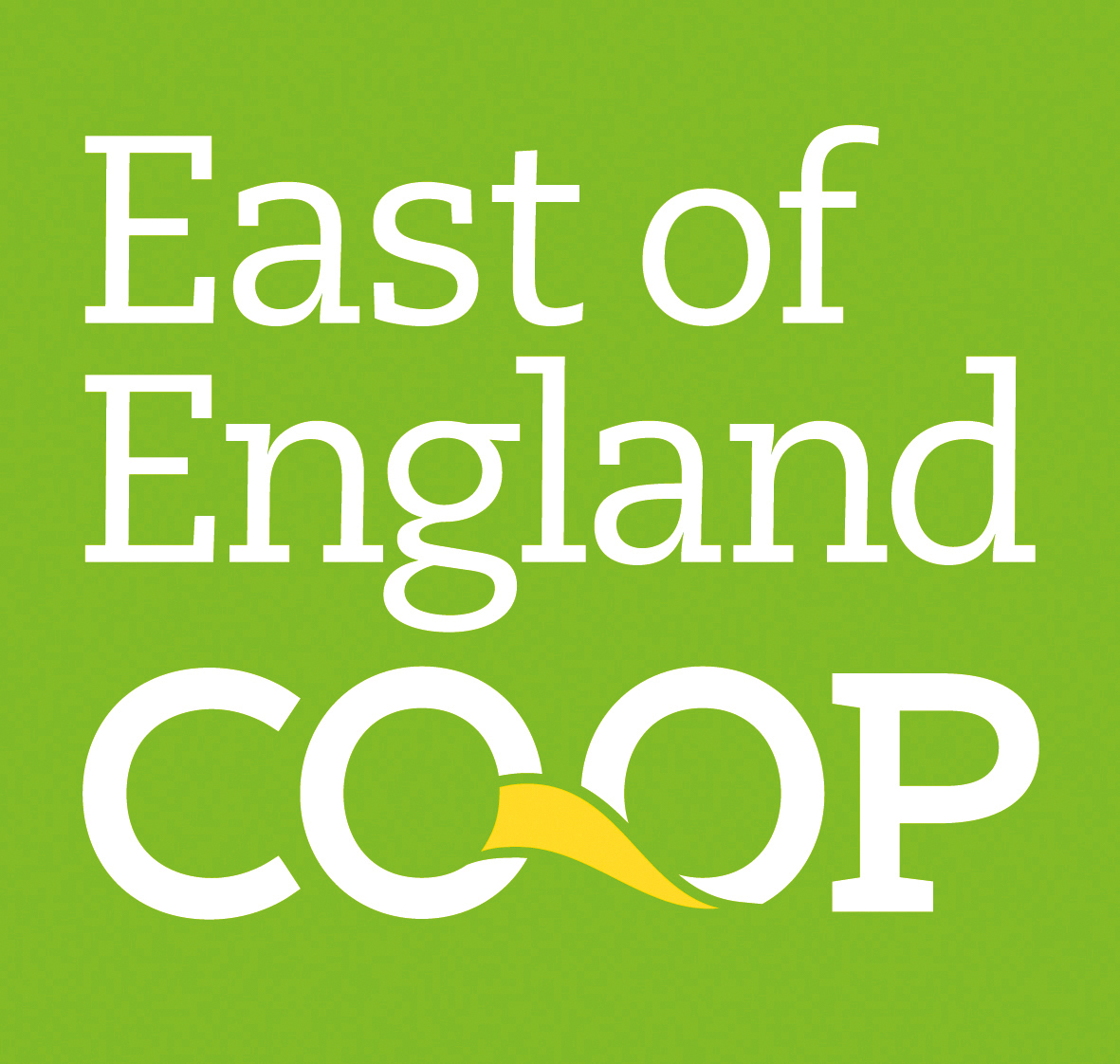In 1844, the Rochdale Pioneers made food more affordable and much safer to eat. Today’s co-op pioneers are now ensuring production and consumption is sustainable.
As the global population increases, so does the demand for food. The United Nations’ Sustainable Development Goals, specifically goal two, calls for us to rethink how we grow, share and consume our food – especially if we are to feed an extra two billion people by 2050.
By 2030, the UN wants us to create sustainable food production systems and implement resilient agricultural practices that increase productivity and production. At last year’s International Summit of Cooperatives, UN Ambassadors called on the co-op movement to get behind these targets.
One of the solutions to creating this sustainable approach is through the sourcing and production of local food. (Typically local food is produced within 20-30 miles of an outlet, but policies vary by retailer).
Retail co-ops across the UK support around 1,400 local producers, according to our research into local food initiatives. What has also helped regional co-ops is the relaxing of sourcing rules from the overall Co-op buying group – Federal Retail and Trading Services.
If we have a quick look at other retailers; Asda says it sources 6,000 products from 600 local suppliers, while Waitrose buys 2,500 products from 600 producers.
Earlier this year, Morrisons launched a drive to recruit 200 local producers after a survey it commissioned found that only 52% of the food eaten in the UK comes from UK farmers.
Collectively, co-ops are ahead of the competition when creating relationships with local suppliers. This connection is made possible because we have regional co-ops that have direct connections to the communities they serve.
During our research though, we found very limited numbers of small producers organised as co-ops. If we are to help the UN achieve its goals, then we need to find more pioneers who want to organise collectively to ensure a sustainable food ecosystem for all.

- This focus on British Food is supported by East of England Co-op, the largest independent retailer in East Anglia with more than 230 branches across Norfolk, Suffolk, Essex and Cambridgeshire. It runs a wide range of businesses, including food retail, funeral, travel, pharmacy, Post Offices, opticians and investment property. It is owned by more than 288,000 members and in 2017 members shared a dividend of more than £3 million.
- Find more coverage on co-ops and British Food Fortnight here.

